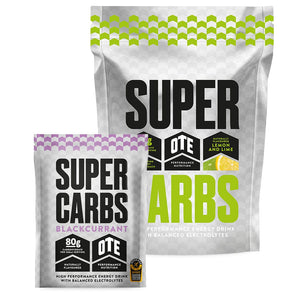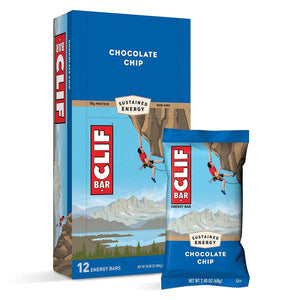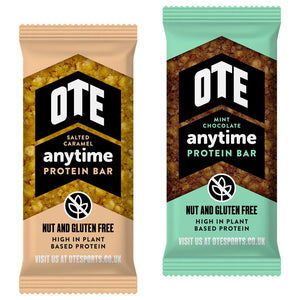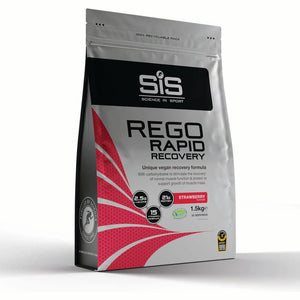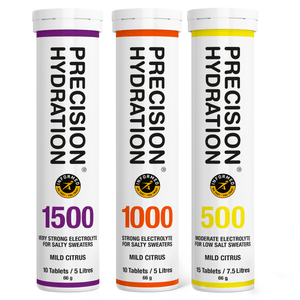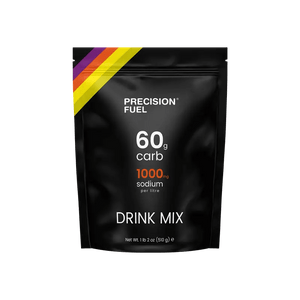It’s your choice - with our knowledge.

A Guide to Nutrition for Endurance Training
When preparing for an endurance event, such as a marathon, the amount of training required can be overwhelming. But just as important as the physical effort you put in is how you fuel your body for that training. In this guide, we’ll explore the key nutritional areas that will help you have a successful training block.
Why Should Nutrition Be a Priority in My Training?
Many athletes say the hardest part of an endurance event is the training itself, and the race feels easier by comparison. This is because of the sheer time and effort dedicated to the build-up. So, why wouldn’t we fuel ourselves properly to support this effort? By giving our bodies the right nutrients, we can improve our performance, adapt better to the training, and ultimately become fitter.
The main areas to focus on during training are: carbohydrate intake, protein intake, and hydration. Let’s dive into each of these.
Carbohydrates:
When engaging in prolonged exercise at moderate to high intensity, our body primarily relies on carbohydrates for energy. If we don’t consume enough, our energy levels will drop, and performance will suffer. This often becomes noticeable between 60-90 minutes of exercise when the effort begins to feel more taxing due to insufficient fuel.
During training, it’s crucial to ensure you’re getting enough carbohydrates. If you struggle to consume enough through food, there are a variety of sports supplements available that make it easier to replenish your carbohydrate stores quickly.
Carbohydrates - Top Picks:
Protein:
Protein isn’t just for those who lift weights. Endurance athletes also need to consider protein to repair and rebuild muscle after exercise. Insufficient protein intake can lead to fatigue, slower recovery, and less efficient adaptation to training.
To optimise muscle recovery and growth, it’s recommended to consume between 20-40g of protein every 3-4 hours throughout the day. While food sources can meet these needs, some people may find it challenging to consume that much, in which case protein supplements can help boost intake.
Protein - Top Picks:
Hydration:
Hydration is essential during exercise. We lose water not only through sweat but also through the moisture in the air we exhale. Factors such as exercise intensity, duration, environmental conditions, and clothing can all impact how much water we lose. If you lose more than 2% of your body weight through dehydration, performance can be negatively affected.
To stay properly hydrated during training, consider these options:
- Electrolyte Drinks: These are ideal during high-intensity workouts or when exercising in hot conditions, as they help replenish both fluid and electrolytes.
- Carbohydrate Drinks: A great option to hydrate and provide energy simultaneously.
- Water: Perfect for shorter training sessions where sweat loss is lower.
The easiest way to monitor hydration is by checking the colour and volume of your urine. Darker urine and smaller volumes indicate dehydration, meaning it’s time to increase your fluid intake.
Hydration - Top Picks:
- Precision Hydration Hydration Tablets
- SLT07 Hydration Drink Tablets
- Precision Fuel Carb & Electrolyte Drink Mix
By focusing on these nutritional areas—carbohydrates, protein, and hydration—you’ll set yourself up for a successful training block and a stronger performance when race day arrives.
Connie Jones SENr ANutr is a registered associate nutritionist with the AfN and a registered sports and exercise nutritionist under the BDA.
Website: Visit Website | Instagram: @connierosenutrition
It’s your choice - with our knowledge.










































































































